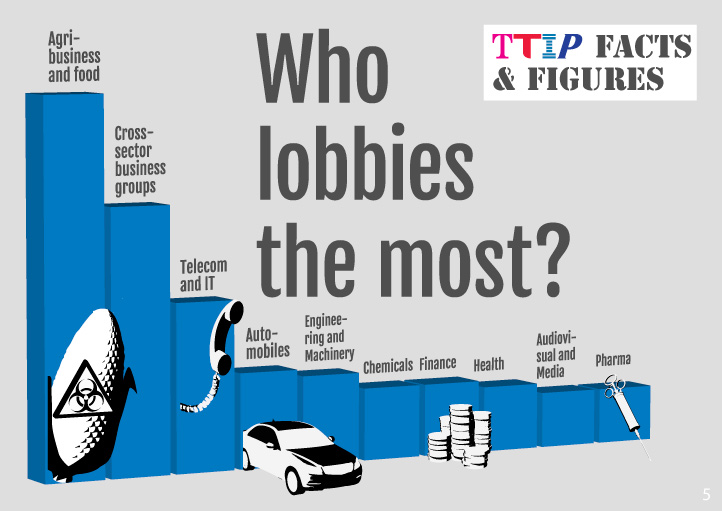Honey Bee Health
Honey bee
health is a real concern, but we surely we also need to ask whether some of the problems are due to changes in the environment?
In the European Union, there was a Motion for a Parliamentary Resolution: Honey Bee Health and the Challenges of the Beekeeping Sector, a link to which can be found below.
What this will mean in practice for individual countries within the EU is yet to be seen.
Whilst it appeared there were some positive points within the Motion, there was one I did not agree with.
It was this:
- 20.
Highlights the need to offer the pharmaceutical industry incentives for
the development of new medicinal products designed to combat bee
diseases;
On the face of it, this may seem like a good idea - afterall, it
concerns honey bee health.
However, I think there is a grim irony that
on the one hand, a company like BayerCropScience manufactures both
neonicotinoid pesticides, and on the other, also makes pharmaceuticals
for treating honey bees.
I'll admit, I have some concerns about medicines for bees. Here is just one research report:
In-Hive Medications May Inhibit Xenobiotic Efflux Transporters and Endanger Honeybees
Of course, Dr Marla Spivak also pointed out that honey bees are
given an insecticide, in order to treat for varroa mite (the offending
target insect)!
If the likes of Bayer Cropscience care for honey bee health, why don't they test their pesticides properly?
And let's consider Varroa mite
further, within the context of neonicotinoids. A natural defence against
Varroa mites for bees, is grooming. Bees also groom in defence against
diseases and fungi.
Yet Bayer admit that one of
their pesticides (neonicotinoid Imidacloprid), hinders the ability of
termites to groom (social insects, like bees), which they say makes
fungi 10,000 times more lethal to termites.
Bayer say they have
not tested for imidacloprid’s impact on grooming in bees – and the UK
regulatory system does not require for them to do so. If Bayer care so much about honey bee health, why have they not taken the initiative and performed these tests?
You can read more, as well as download the Bayer leaflet, and watch a video on my page about
Varroa Mite.
I
am concerned, because if bees are unable to groom, then how
can they defend themselves adequately against varroa mite, fungi and
diseases? Impairment of grooming is of course only one issue, and there
may be other factors and ways in which neonicotinoids may make bees more
vulnerable to predators and pathogens. You can read further about Varroa and neonicotinoids here and may page about neonicotinoids and nosema.
Can we trust Bayer CropScience to look out for the health of honey bees? Should they be given taxpayer funded incentives for developing medications?
I am sure you can see the
disconcerting irony therefore, if companies such as Bayer, are to be
given
“incentives” for developing more medications for honey bee health issues
such as Varroa
mite.
Do we know that Bayer's neonicotinoid pesticide does not hamper
the honey bee's ability to deal with the mite naturally itself? Do we
know for sure that neonicotinoids do not make bees more susceptible to
diseases in the first place?
Note that Varroa is believed to have first been discovered in the UK in 1992. Imidacloprid was introduced to the UK in 1993, and has grown significantly in use – indeed, neonicotinoids have extended their usage base from agriculture into household/garden pesticides, golf course treatments and so on – some councils may even spray them in public spaces or allow their contractors to do so.
(UPDATE: the use of certain neonicotinoids has now been restricted in the UK and other EU countries).
It is not the only
neonicotinoid or systemic pesticide used in the UK or overseas, either.
Also, what is actually meant by “incentives” for the
pharmaceutical industry?
Does it mean financial awards to the end
benefit of companies like Bayer paid for or subsidized by the taxpayer?
If so, then I am not happy. I see no reason for the tax payer to foot
the bill. Let the Agrochemical industries of this world first stop
making toxic pesticides – and let that be their main contribution to
honey bee health!
Of course, there is the issue of “what is happening to other pollinators and invertebrates?” – let alone the wildlife that depends on them – indeed, the eco-system. Honey bee health products, even if they were effective, along with honey bee breeding programmes, are merely sticking plaster approaches to a very serious, wider problem.

How Eating Organic Helps Save The Bees
Grow Your Own And Help The Bees
Positive Messages - Spread The Word
Help The Bees - By Bee-ing The Change